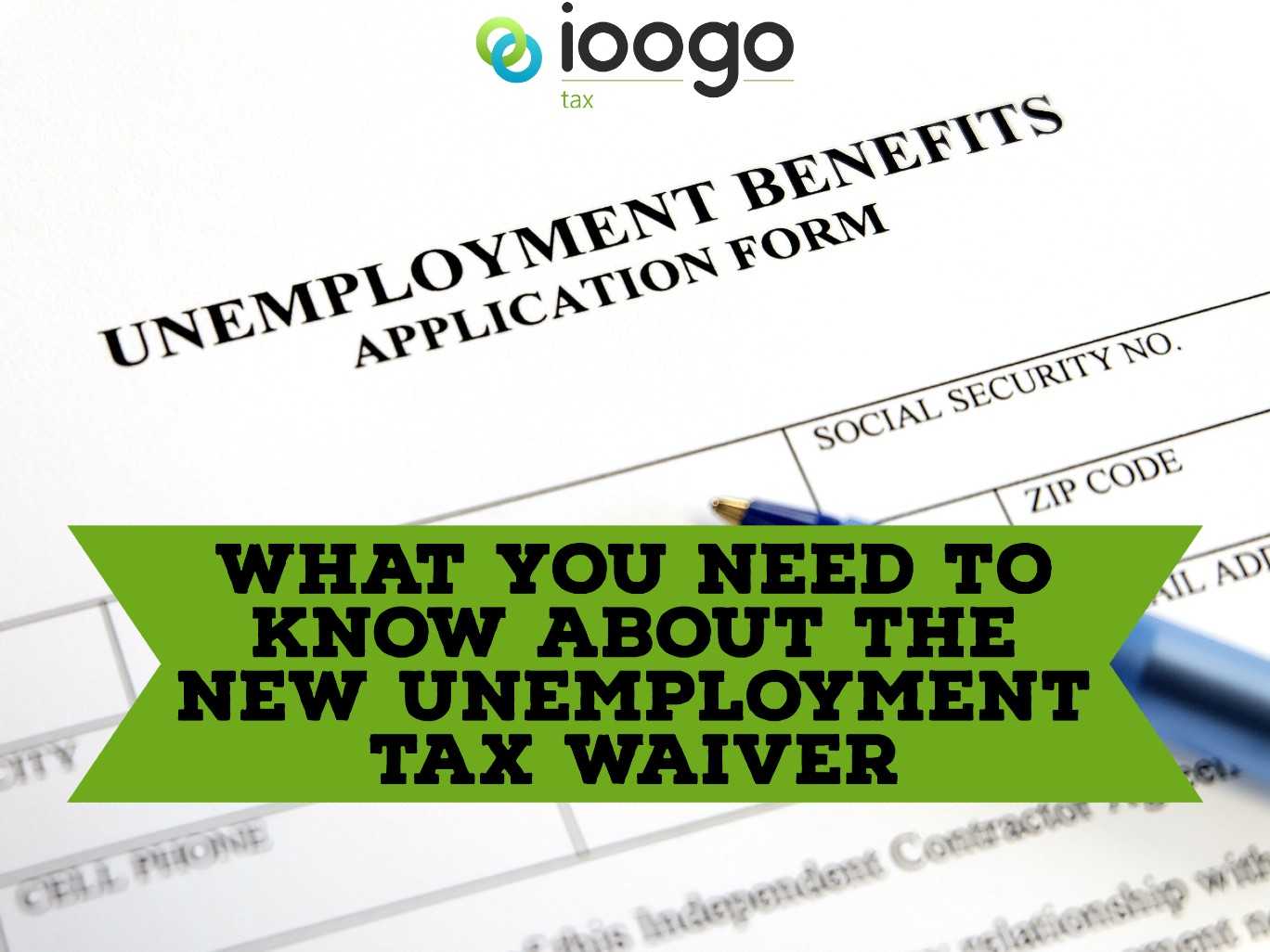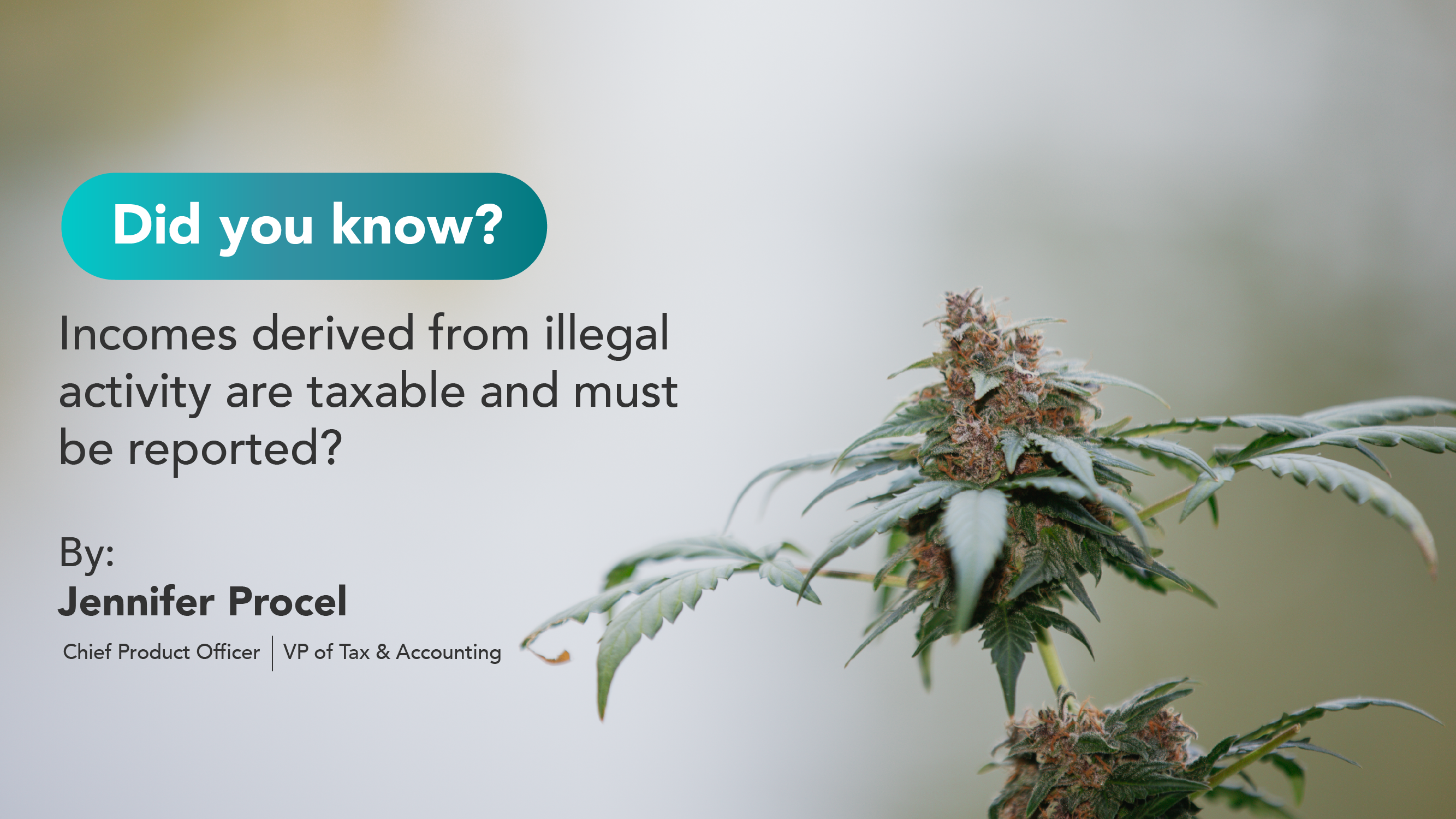Did you lose your job in 2020 and make under $150K? President Joe Biden signed the $1.9 trillion American Rescue Plan Act on 3/11 which allows qualifying individuals a tax waiver up to $10,200. We talk about tax credits and deductions on the IOOGO blog a lot but tax waiver might be a new term for you. A tax waiver is essentially an exemption, which means up to $10,200 of your taxable income would be waived. Double that number if you’re married and filing jointly! Here are three things you need to know.
How do I claim the tax waiver?
If you already filed your taxes for 2020, like many Americans who are already on top of it, don’t panic. The IRS is working on the best way to address these returns. The IRS urges taxpayers to hold off on filing an amended return. Stay tuned for additional guidance to come from the IRS on actions you may need to take, but in the meantime, sit tight.
If you haven’t filed your taxes yet, IOOGO is updated to make sure your qualifying unemployment is exempt from taxable income. Now, stop procrastinating and file your taxes in 15 minutes or less with the IOOGO Tax DIY.
How much do I qualify for?
Even though the tax waiver can be applied up to $10,200, this only counts for an individual’s first $10,200 of unemployment payment. If you make over $150,000, the entirety of your unemployment compensation is taxable. We’re also seeing discrepancies in which states are allowing their residents to claim a tax waiver. It’s best to consult your tax advisor if you’re unsure.
How to file for unemployment compensation?
Like many people, being placed on unemployment was new territory. If this is your first time filing your taxes after receiving unemployment, there are a few things you should know. First and foremost, unemployment compensation is taxable. This can be surprising to many, but it’s important to note that you will need to fill out a Form 1040. You’ll also want to keep track of many forms you receive like the 1099-G.
With tax bills frequently shifting, especially in today’s landscape, working with a tax advisor might be a good option for you. Whether you’re an individual or business, we’re here to help navigate your tax questions and stay nimble when new legislation is implemented.





